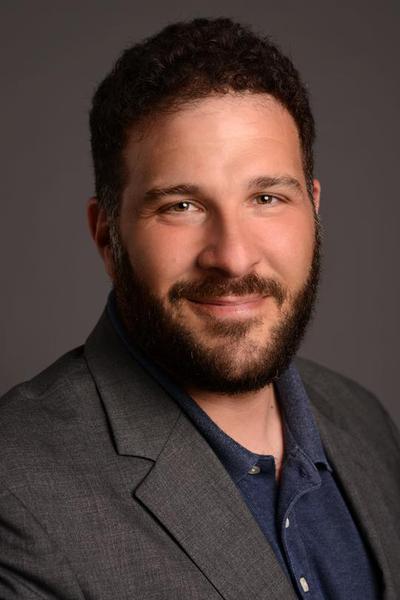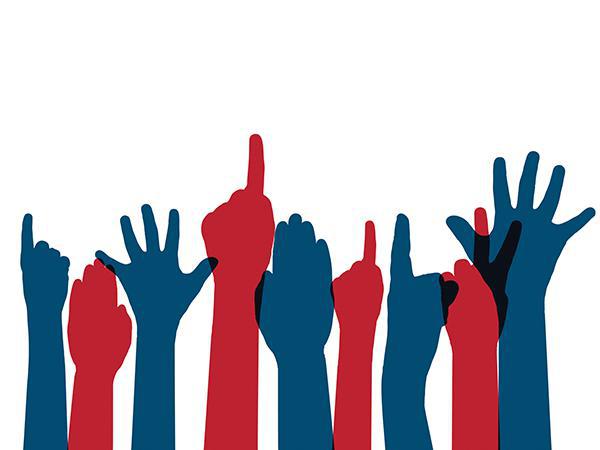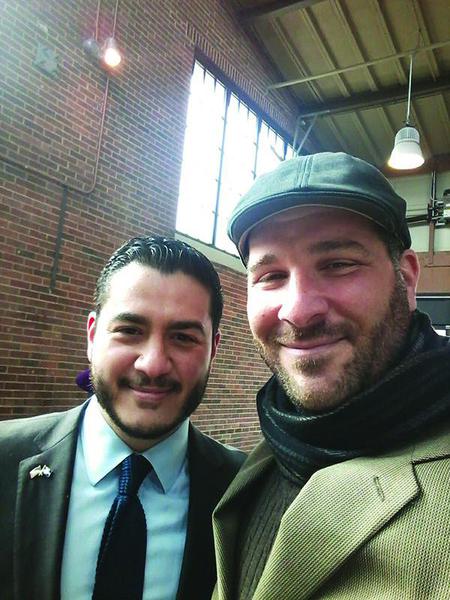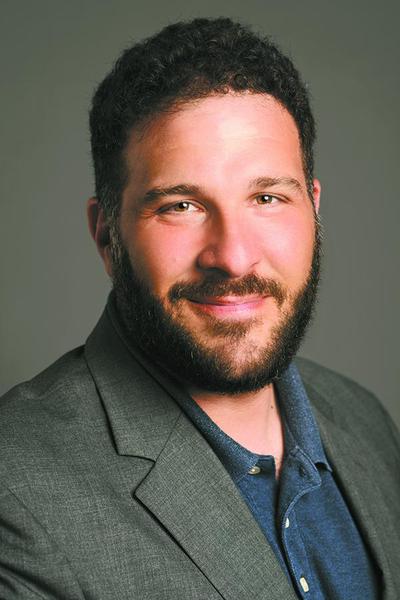Buddhism Final Reflection 2020
I’ve been drawn to Buddhism since I first encountered it in undergraduate school. I was truly hooked when I read Matthieu Ricard’s book, Happiness: A Guide to Developing Life’s Most Important Skill. It was a transformative moment for me, which served not only to give me a deeper respect for Buddhism, but also lead me out of a bout of serious depression. Although my affinity for, and desire to learn about Buddhism is great, I have not done formal study beyond reading a book here and there and attending infrequent Dharma talks. Some of the dharma talks included a semi-regular sitting with my family at a Los Angeles Buddhist center as well as a sitting with the well-respected teacher Kusala Bhikshu. A consistent meditation practice is also something I have desired for years but still remains suspended in the planning stages.
















